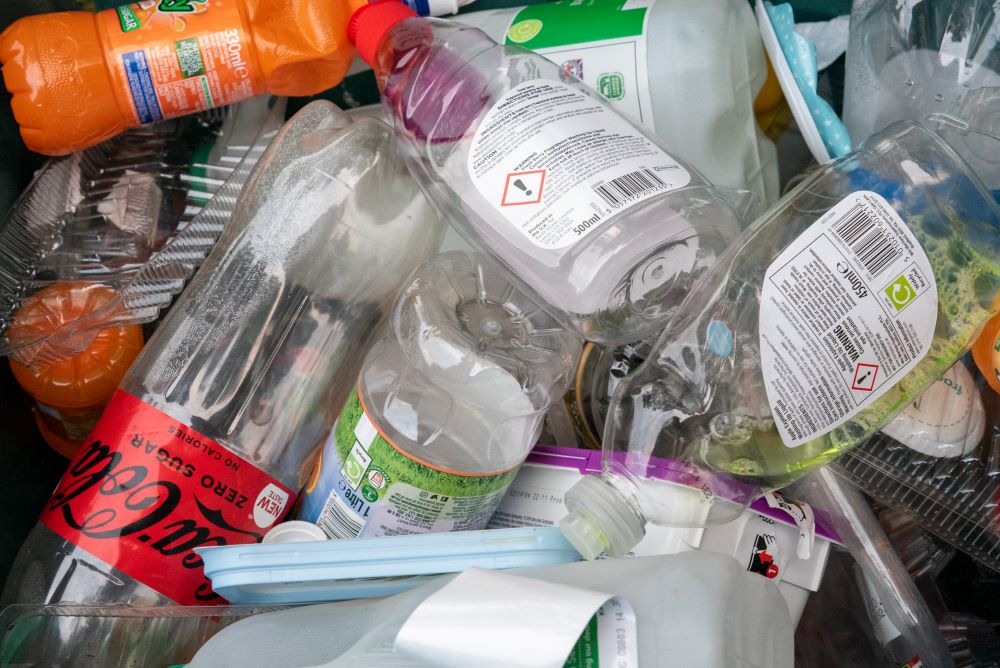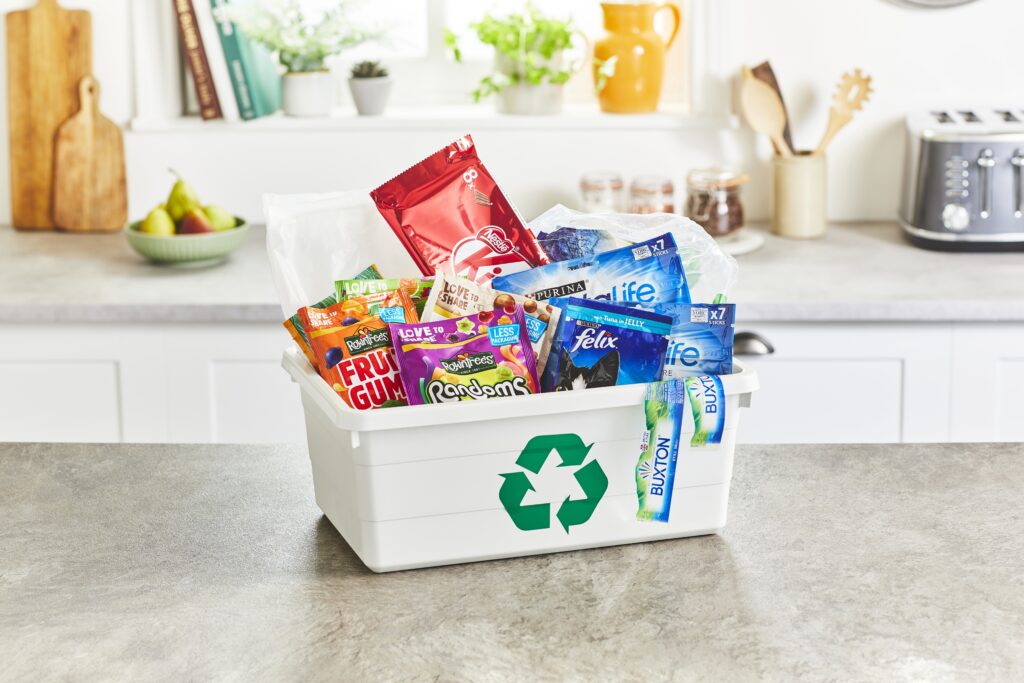Packaging waste recovery notes – PRNs – are the “currency” through which producers pay for their obligation of packaging waste recovery to be carried out by reprocessors under UK producer responsibility regulations. The value of the PRNs was knocked in 2003 by DEFRA's decision to freeze recovery targets at 2002 levels. This decision had been taken because of uncertainty over future European targets.
Because UK recycling capacity has been growing steadily year-on-year, the amount of material recycled in 2003 – and therefore the number of PRNs issued by reprocessors – surpassed the amount producers were obligated to pay for as determined by the recovery targets.
Valpak, the UK's largest packaging waste compliance scheme, has said it now believes over 250,000 tonnes of PRNs have gone unsold for the 2003 period. Speaking to letsrecycle.com, Valpak contracts director Brian Wood said there had also been a large number of PRNs that had been carried over from December 2003 into January 2004.
Mr Wood said: “What happened last year was primarily to do with the flat targets. We believe there is a significant number – around 250,000 to 350,000 tonnes of excess PRNs this year and there has also been a very high level of carryover this year.”
Loss
Along with the low PRN prices seen last year this represents a potential loss of millions of pounds worth of investment in UK recycling capacity. The Valpak contracts director noted that “last year's low (PRN) prices have led to some reprocessors cutting back, so some growth has tailed off”.
But, Mr Woods said the fact the UK capacity had still grown significantly despite the reduction in PRN investments last year, meant the system was generally successful, although he did stress the need for increasing targets each year.
He explained: “The fact that there is this surplus reflects the success of this investment system in bringing about an increase in UK reprocessing. It also demonstrates the need for steadily increasing targets in providing confidence in the market – something we argued for last year and we were pleased that the government took into account when setting targets up to 2008.”
Continued on page 2…










Subscribe for free